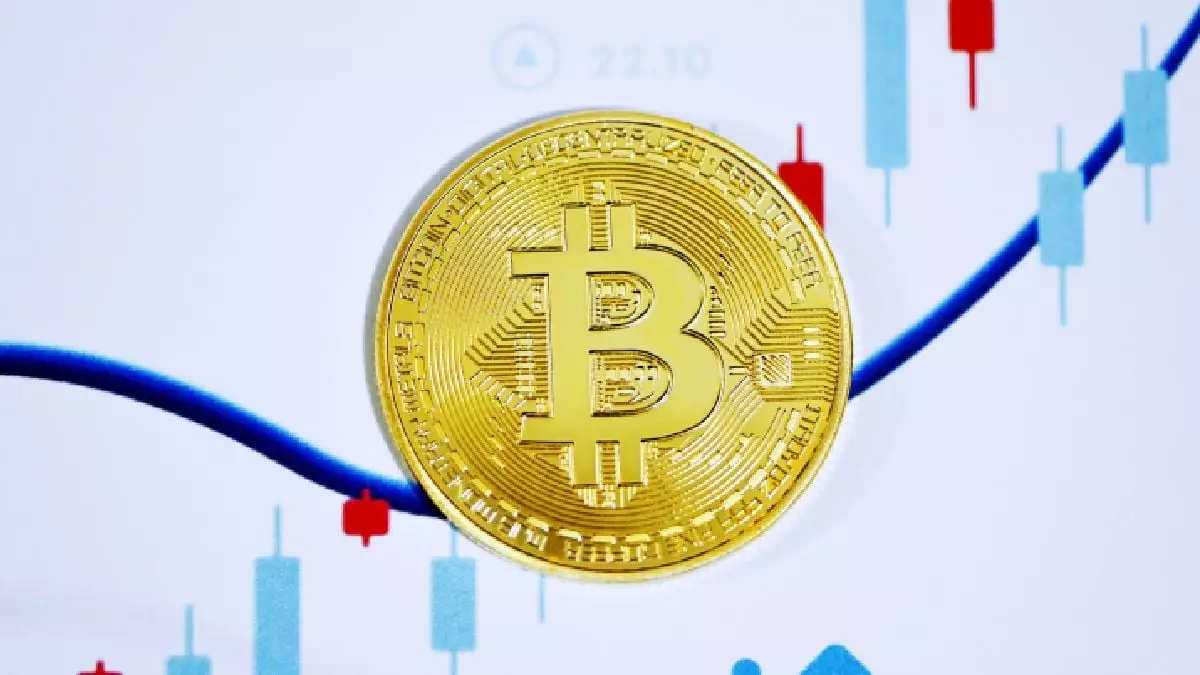Argentinean officials have recently engaged in discussions with their counterparts from El Salvador to gain insights into the strategies and experiences associated with adopting Bitcoin. This initiative comes in the wake of El Salvador’s groundbreaking move to declare Bitcoin as legal tender alongside the US dollar in September 2021.
Argentina, with a GDP of around $640 billion, stands as one of the major economies in Latin America. However, recent reports indicate a concerning 8.4 percent year-on-year decline in the country’s economy. Various indicators, from consumer spending to sales figures, reflect the strain faced by Argentina’s economy under market pressures. Additionally, the nation is grappling with a significant debt burden of $45 million owed to the International Monetary Fund. These economic challenges, coupled with the fluctuations of the US dollar due to interest rate hikes, have prompted Argentina to consider the potential benefits of embracing Bitcoin.
Roberto Silva, the President of the Argentinian National Securities Commission, highlighted the importance of building stronger relationships with countries like El Salvador that have spearheaded the use of Bitcoin. By exploring collaboration agreements, Argentina aims to leverage the expertise and experience of pioneers in the cryptocurrency realm. Patricia Boedo, Vice President of Argentina’s CNV, emphasized the value of learning from a nation that has already made significant progress in integrating Bitcoin into its financial system.
Argentina’s previous agreement with the International Monetary Fund included provisions to discourage the use of cryptocurrencies for combating money laundering and informal economic activities. The IMF’s extension of assistance to Argentina, following the nation’s plea for debt restructuring, underscores the importance of adhering to international guidelines regarding cryptocurrency usage.
Under the leadership of President Nayib Bukele, El Salvador has made notable advancements in the realm of Bitcoin. The country’s initiatives range from utilizing renewable energy sources for Bitcoin mining to approving the Bitcoin Bonds Bill. Despite facing challenges such as a decline in BTC-based remittances, El Salvador has remained steadfast in its commitment to integrate Bitcoin into its economic framework. The recent directive from the IMF urging policy changes related to Bitcoin highlights the complexities associated with aligning cryptocurrency practices with international financial regulations.
Overall, the efforts of Argentina to learn from El Salvador’s experiences with Bitcoin signify a growing recognition of the potential benefits of digital assets in fostering economic growth and financial stability. By leveraging the insights gained from collaborative discussions and observing the outcomes of El Salvador’s Bitcoin journey, Argentina aims to position itself strategically in the evolving landscape of cryptocurrency adoption.


Leave a Reply